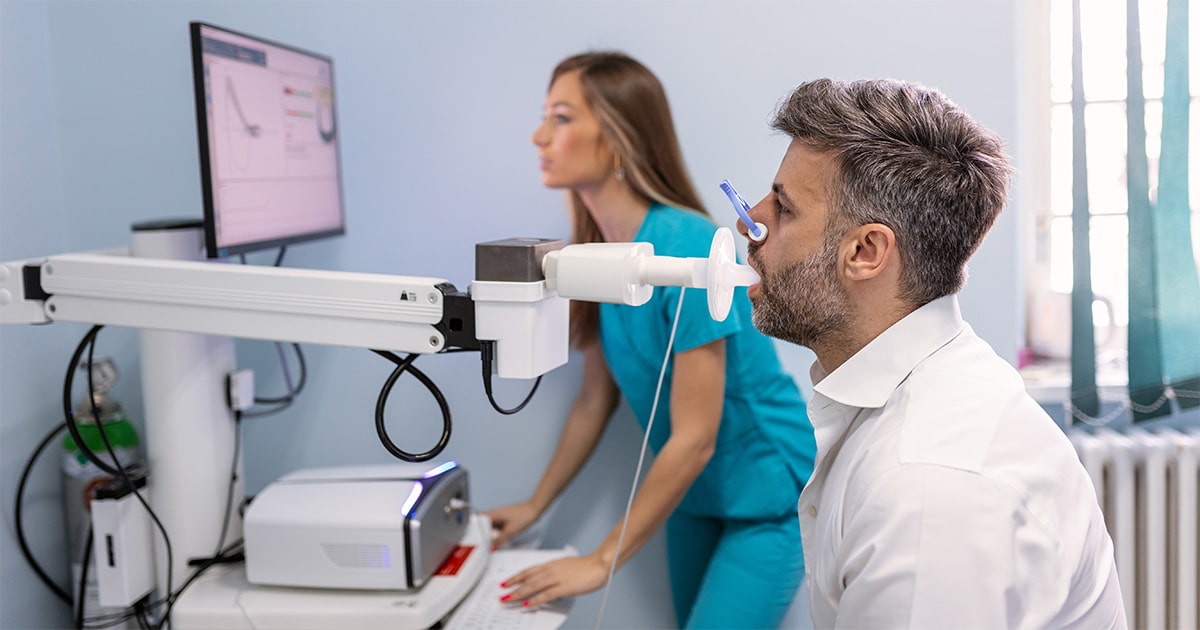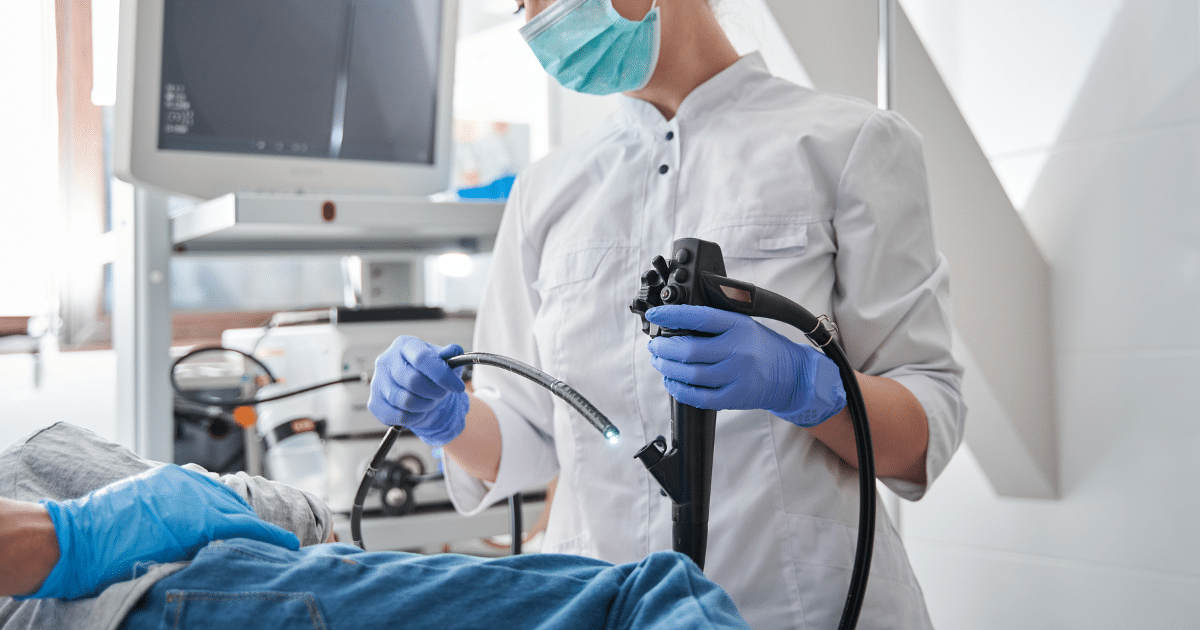If you have a serious or complex condition that affects your lungs, or if you’re dealing with unexplained symptoms like a lingering cough or shortness of breath, your primary care doctor may refer you to pulmonology. Understanding what pulmonology is, the common conditions it addresses, and what to expect during your first appointment can help you feel more prepared for your visit.
What Is Pulmonology?
Pulmonology is a medical specialty that focuses on the respiratory system, including the lungs, airways, and other organs involved with breathing. It deals with the diagnosis and treatment of a wide variety of lung-related conditions, from asthma and chronic obstructive pulmonary disease (COPD) to interstitial lung disease and pulmonary hypertension.
Doctors who specialize in pulmonology are called pulmonologists. After completing a medical degree and a residency in internal medicine, they pursue advanced training in the field of pulmonary medicine. Some lung doctors choose to specialize even further and focus on specific conditions, like asthma, or types of patients, like children.
The Pulmonary System: Organs and Function
The pulmonary system is also known as the respiratory system. Its main jobs are to deliver oxygen from the air you breathe to your bloodstream and to remove carbon dioxide.
When you breathe in, air enters through your nose and/or mouth. The air travels down your throat and into your trachea (windpipe), a large tube that leads to your lungs. The trachea splits into two main bronchial tubes, one for each lung. From there, the air passes through smaller and smaller passageways until it reaches the alveoli (air sacs). The alveoli transfer oxygen to your bloodstream.
When you breathe out, carbon dioxide moves from your bloodstream into the alveoli. It travels back up through your airways, and out through your nose or mouth.
Conditions Treated by Pulmonology
At PACT, our Connecticut pulmonology specialists are prepared to diagnose and manage a variety of conditions that affect your lungs and breathing. Some of the more common conditions treated by pulmonologists include:
- Asthma
- Chronic obstructive pulmonary disease (COPD)
- Obstructive sleep apnea
- Pulmonary hypertension
- Interstitial lung disease
- Chronic bronchitis
- Pneumonia
- Pulmonary fibrosis
- Cystic fibrosis
- Bronchiectasis
- Emphysema
What to Expect At Your First Pulmonology Visit
During your first appointment with a pulmonologist, the doctor will start by asking questions about your medical history. Be prepared to discuss your symptoms, including when they started, how often they occur, and whether they’re getting better or worse. Bring a list of all the medications you’re taking, including nonprescription drugs.
Next, the pulmonologist will perform a physical exam. During the exam, they may listen to your lungs with a stethoscope, tap on your chest, or even ask you to walk around to see how activity affects your breathing.
Depending on your symptoms and medical history, the pulmonologist may order some tests to help with diagnosis. For example, they might order a pulmonary function test to check how well your lungs are working. Or, they may order imaging tests like X-rays, MRIs, or CT scans to get a clearer picture of your lungs.
Lung and Respiratory Treatments in Connecticut
Pulmonologists offer a wide range of treatment options for lung conditions, including lifestyle changes, prescription medications, and therapies. When you see a pulmonologist at PACT, you’ll receive treatments tailored to your individual situation.
Lifestyle Changes
Your lung doctor may recommend making adjustments to your daily habits to help control your symptoms. For example, they could recommend getting regular exercise to make your lungs stronger, maintaining a balanced diet to support lung health, and staying indoors on days when air pollution is high.
Medications
Pulmonologists use a wide variety of prescription medications to manage conditions of the lungs and respiratory system. Some of the most common medications prescribed by pulmonologists include bronchodilators to open the airways in the lungs and steroids to reduce lung inflammation.
Pulmonary Rehabilitation
Pulmonary rehabilitation is a supervised program that uses exercise and education to help people with lung conditions breathe more easily. In a pulmonary rehabilitation program, you may learn specific breathing techniques and get advice about managing your lung condition with medications, diet, and exercise.
Oxygen Therapy
Oxygen therapy is a treatment that provides additional oxygen to supplement what you breathe in through the air. Lung doctors may recommend oxygen therapy to people with conditions like asthma, COPD, or pulmonary fibrosis. Depending on your needs, you may get the oxygen through tubes that sit in your nose or a face mask.
Looking for Expert Lung and Respiratory Care in Connecticut?
PACT is proud to offer comprehensive pulmonology services in Connecticut, from expert evaluation and diagnosis to personalized treatment plans. Our board-certified pulmonologist, Dr. Jonathan Puchalski, is currently welcoming new patients with a wide range of breathing conditions, from asthma to sleep apnea. Dr. Puchalski sees patients in both Orange and Guilford. Contact your preferred location today to schedule an appointment.







